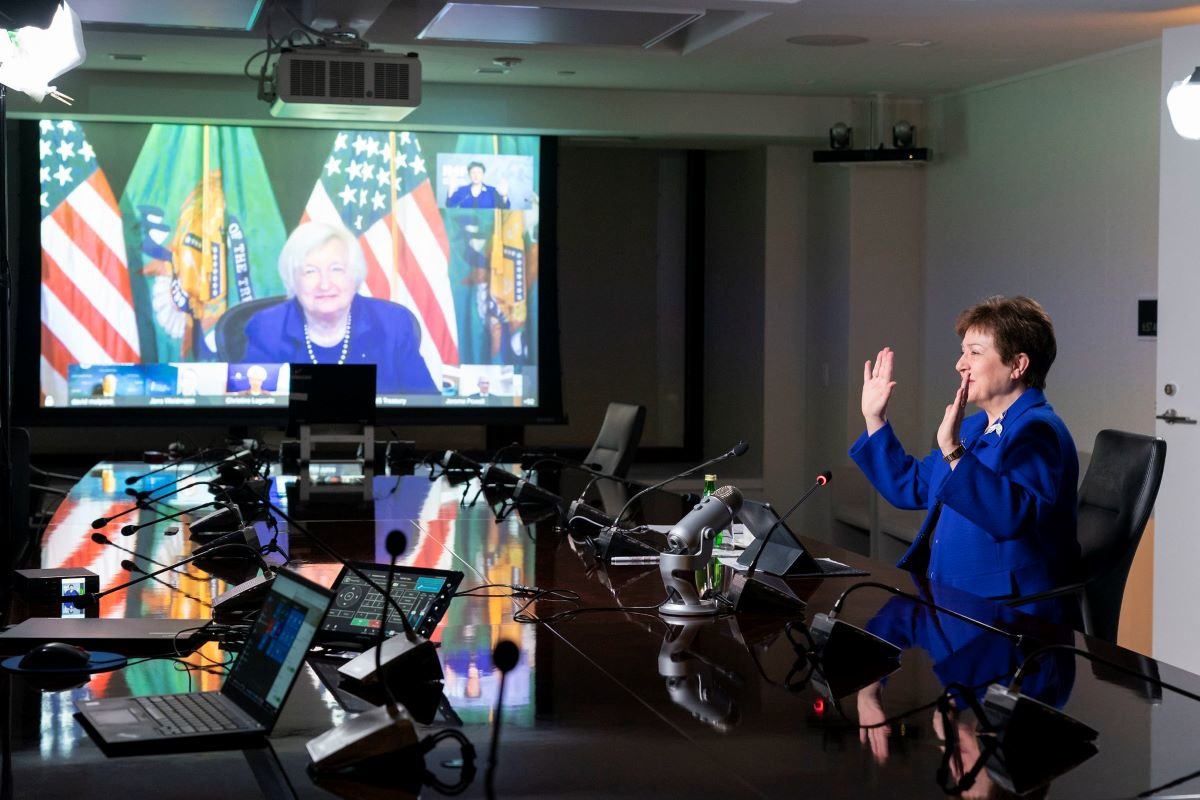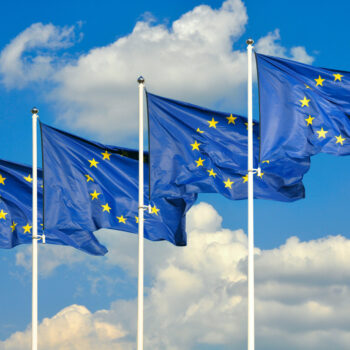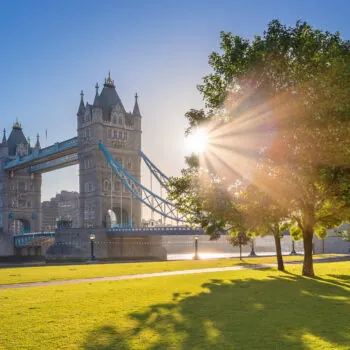Since the start of the year at E3G, we’ve been discussing how 2021 is going to be a pivotal year for climate safety. One that needs to see climate driven as a priority at the heart of finance ministers’ agendas and decisions to set us on course for a healthy, equitable and sustainable pandemic recovery.
The start of April was one of the first important rendez-vous of this pivotal year. It began with a meeting of G7 Finance Ministers, followed by a meeting of G20 Finance Ministers.
So, where do we stand? The answer is, with much more work to be done.
The current landscape
The recent G7 Finance Ministers meeting, and resulting communiqué issued by the UK presidency, sent a generally positive signal on ambition. Compared to their first meeting of the year, the integration of climate safety into G7 Finance Ministers’ priorities improved.
The communiqué acknowledges G7 Finance Ministers’ “key role” in the transition to net–zero, recognising the need to increase the quantity and quality of climate finance. It calls on multilateral development banks to be Paris-aligned and presses for more ambition on climate-related disclosures and reporting. The communiqué even supports the IMF to “integrate climate change across its activities”.
However, for all these very positive takeaways, much work remains. The following key issues were missing from the communiqué:
- First and foremost, the communiqué included no language whatsoever on G7 countries implementing green recovery plans at home – let alone commitments to coordinate their action. There was also no agreement on minimum green spending floors or on the principle of public finance doing no significant harm (see here E3G’s latest briefing on the role of G7 and G20 in greening recovery spending). Language on green recovery actually regressed compared to the last statement, which recognised the role of this forum in “paving the way to a truly global green recovery”.
- The language on financial sector reform is not far-reaching enough, limiting itself to the need to increase ambition on disclosure regimes and supporting international sustainability-related financial reporting standards. Furthermore, it says nothing about the G7’s role in ensuring robust international standards to define green investment or on net-zero central banking.
- Last but not least: the communiqué said nothing – another regression, in comparison to the February meeting – on G7 Finance Ministers’ commitment to play their part in ensuring accessibility and fair distribution of vaccines across the world. This, despite it being clear that there can be no economic recovery, let alone a sustainable and equitable one, without vaccines for all.
The need for G7 Finance Ministers to aim higher and put on the table a full-fledged roadmap of financial and economic reform for climate safety – as opposed to piecemeal action – is all the more necessary considering the shortcomings of the G20 Finance Ministers.
There can be no economic recovery, let alone a sustainable and equitable one, without vaccines for all.
Indeed, while there is good news in the G20 Finance Ministers communiqué noting that “climate change has become a cross-cutting priority across all Finance Track activities”, Ministers agreed to very little of significance on climate change.
They recognised the recovery provided a “unique opportunity” to “promote just transitions towards more sustainable economies and societies (…) in line with the Paris Agreement” but stopped short of any commitment to ensure high-quality sustainable recoveries.
More worrisome still, the outcome of this G20 meeting was weak regarding actions to improve public finances in vulnerable economies, which need help expanding their fiscal space if they are to address the current economic, health and climate crises. While the communiqué calls on the IMF to make a comprehensive proposal for a new Special Drawing Rights (SDR) issuance of $650 billion, theoretically giving vulnerable economies some liquidity support, it is unclear how these funds will be reallocated.
In addition, the G20 communiqué states that the Debt Service Suspension Initiative (DSSI), which also provided breathing room to vulnerable countries in the crisis by temporarily suspending their debt repayments, will be extended for one final time until the end of 2021. An extension until the end of 2022 would have been more appropriate, given the considerable uncertainty surrounding the pandemic.
While the communiqué calls on the IMF to make a comprehensive proposal for a new Special Drawing Rights (SDR) issuance of $650 billion, theoretically giving vulnerable economies some liquidity support, it is unclear how these funds will be reallocated.
Alongside the G7 and G20 Finance Ministers meetings, the IMF and World Bank held their yearly Spring Meetings – a week-long event packed full of panels and discussions about the state of the world economy. The key takeaway is that the world is at risk of a “Great Divergence.”
The IMF confirmed that we are at a crossroads where developed economies, with access to vaccines, adequate fiscal space, market access, and accommodative monetary policies, are able to recover, catch up to pre-pandemic production levels and engage in their transitions. This at the same time as more fragile economies struggle on all of these fronts.
The key takeaway is that the world is at risk of a “Great Divergence.”
Responding to the risk of a Great Divergence begins with G7 Finance Ministers. They should aim as high as possible on integrating climate safety into their agenda. There needs to be a focus on fleshing out major goals and key decisions associated with coordinated green recovery plans and expanding fiscal space for vulnerable countries. They could then champion these issues into the G20, elevating its ambition and outcome. G7 and G20 Finance Ministers hold the key to a world that converges on a fair and sustainable recovery path.


